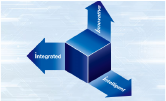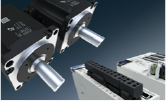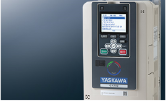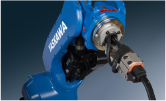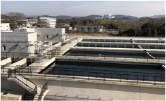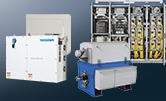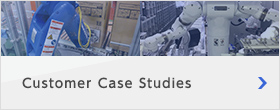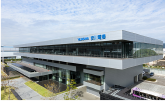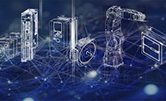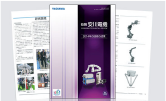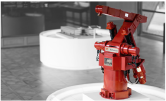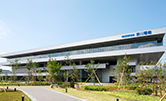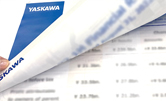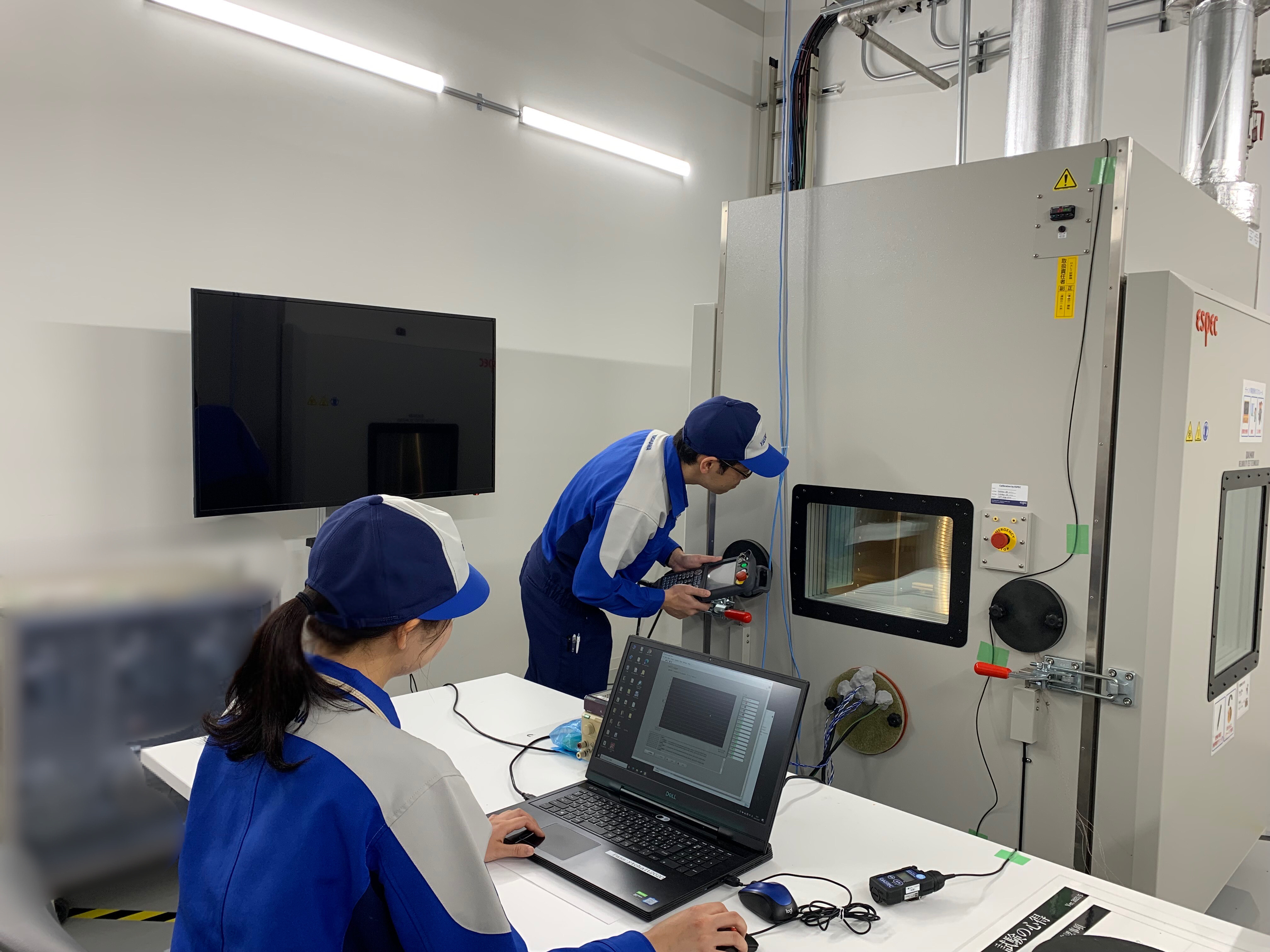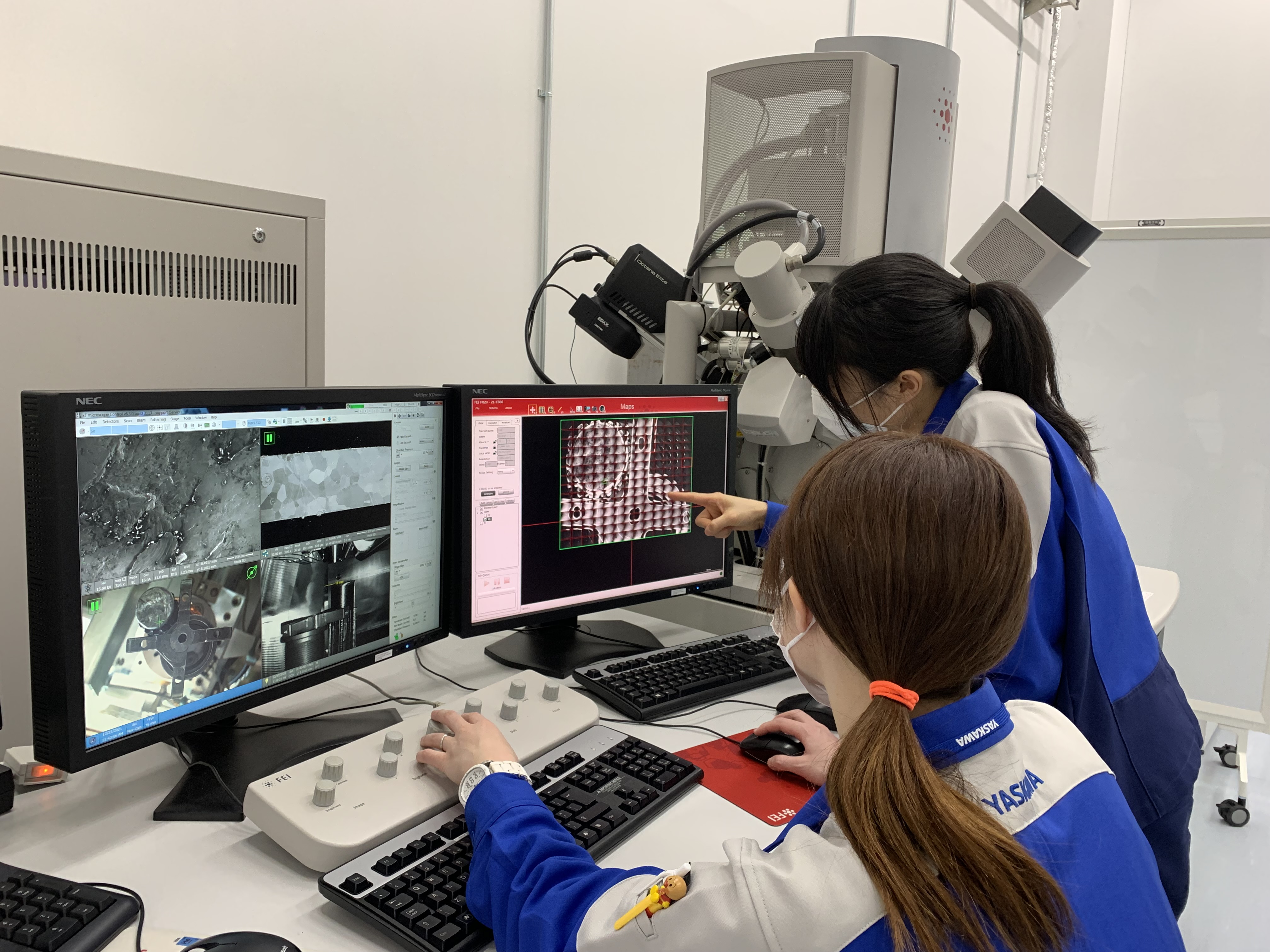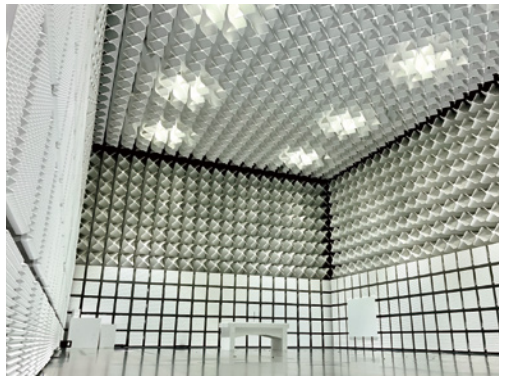Product safety & quality
The Yaskawa Group Code of Conduct sets forth the following standards for product quality and safety. The Company
is committed to thorough safety and quality control from a customer-oriented standpoint, responding to customer
feedback in a timely and appropriate manner, and making continuous improvements to further enhance customer
trust.
- We strive to improve our quality control system and update our technical development and technical platform,
while complying with our company rules, in order to ensure the quality and safety of the products we provide.
- We respond appropriately to end users’ requests and inquiries in a timely manner upon the basis of confirmation
of the facts.
- We create catalogs, product descriptions, adverts and so on that are easy for end users to understand and place
customer safety first. We also strive to continuously improve product description documents.
- To ensure safety, quality and reliability in the product development process, we base our operations and reviews
on the end user’s perspective.
Product safety
In order for customers to use our products with confidence, we believe that ensuring product safety at the source
is of the utmost importance. For this reason, in the product development stage, we conduct risk assessments to
ensure the safety of our products, as well as compliance with various international standards, verification, and
safety review meetings.
We also conduct in-house education and awareness activities for Product Liability, and as part of our “bud of PL”
*1 activities, we are raising awareness of issues related to safety both inside and outside the company, and are
constantly pursuing ongoing activities aimed at higher targets.
*1 “bud of PL” activities are a collective term for activities aimed at cultivating a culture of product
responsibility, fostering a product safety culture, and improving product safety. These activities aim to
pinpoint “seeds of the PL problem” inherent in our company products from near-miss incidents (A case in which an
accident did not occur, but the situation was frightening and startling) and accident information of other
companies’ products.
Quality assurance system
In order to provide optimal services to customers, the Yaskawa Group has established quality assurance
departments in each of its business divisions and built a global quality assurance system by sharing quality
information with local subsidiaries.
The Quality & Service Division of the Head Office, in cooperation with the Quality Assurance Departments of
each business division, plans and promotes the optimization of quality assurance activities throughout the
Yaskawa Group.
In conducting various activities, we aim to maximize customer value based on TQM, the corporate management
foundation.
Product risk management
Our company engages in quality assurance activities throughout the product life cycle, from the planning stage
through development, mass production and marketing. These activities are covered by a company-wide QMS system
based on ISO standards, which extends from the company-wide level to the level of actual activities of providing
products and services of each division.
At the product realization stage, we ensure quality by preventing the recurrence of development, production, and
market problems that have occurred in the past, preventing them in advance by complying with FMEA, risk
assessment, and various safety standards, and conducting thorough verification of them. At the production stage,
we ensure quality by conducting thorough testing and monitoring the quality status of each process. In dealing
with the market, we strive to detect and resolve problems as quickly as possible by integrating information on
problems pointed out by customers and on defects.
Among these, we place particular importance on product safety and compliance in order to prevent crises. In
addition to these preventative activities, in the event of a crisis, the Product Safety (PL) Committee and the
Compliance Committee have been established as a company-wide organization to ensure a unified response in the
event of a crisis. These activities are carried out in cooperation with the Quality Assurance Division. These
status of quality activities and monitoring indicators are reported to the Executive Committee on a regular
basis and shared throughout the Company to accelerate and improve initiatives.
Activities to improve quality and reliability
Under the slogan of “Creating products that do not break by actually breaking them,” we conduct our own limit
tests and environmental resistance tests at the development and design stages, based on various stresses such as
heat, vibration, corrosive gases, dust, and oil mist at the component or product level. We are also working on
the development of a non-defective analysis technology that can evaluate the reliability of electronic
components in a short time based on internal structural evaluation.
Quality improvement
Defects information from customers is collected and analyzed online by Quality Information
System and reflected in quality improvement initiatives. In particular, this process leads to
cross-organizational deployment to prevent recurrence and initiatives to prevent problems during new product
development.
Compliance with International Safety Standards
Yaskawa strives to comply with international safety standards and laws, centering on “electrical safety” and “EMC
(electromagnetic compatibility) *2”, which are the core of safe products, and to optimize development quality
and speed by seamlessly implementing compliance with international safety standards through concurrent
engineering by effectively utilizing the certified test laboratories for functional safety technologies.
Yaskawa’s initiatives
・In fiscal 2017, an EMC test building was established at the headquarters, and the facility acquired ISO/IEC
17025 certification from A2LA, the American Institute of Laboratory Accreditation, and was registered as a TÜV
Rheinland and TÜV SÜD appointed test facility.
・In 2020, we obtained ISO/IEC 17025 certification, a public laboratory qualification related
to electrical safety standards, from the Japan Accreditation Board (JAB).
・With regard to functional safety technology, we plan and implement educational programs on functional safety,
such as “functional safety basic education” by internal experts and “machine safety education” by inviting
outside instructors, in order to improve the knowledge of technical personnel.
These activities will not only shorten the product development period, but also enable us to quickly supply safe
and secure mechatronics products to our customers.
*2 EMC: Abbreviation for Electromagnetic Compatibility: refers to the absence of negative effects on the
movements of other devices or systems caused by electromagnetic interference released by the motion of electric
or electronic devices, or the lack of impact received by electromagnetic interference from other devices or
systems to procure proper functionality in a continuous manner.
User school
For users to get the most performance out of our products and use them safely, the most important thing is basic
knowledge. We offer Motion Control School for customers of our AC drive and servo (general-purpose) products and Robot School for customers of our robots. We
teach two ways: the school-like training in which an instructor explains a product directly; and e-learning,
where customers learn over the Internet.
Test runs and after-sales service
Our engineers perform adjustments and test runs to ensure that our products are compatible with machines and to
increase the capacity of machines and equipment. In addition, Yaskawa group provides after-sales service on a
global basis, including support for preventive maintenance and investigation and repair of defects.
Lifetime service
We will continue to provide optimal services to keep our customers’ facilities and equipment running even when
normal services become unavailable. In addition to standard after-sales service, we will continue to provide
services that support our customers’ equipment by choosing the most appropriate method, such as reengineering,
renewal, and recycling.
 Region
Region



 Principles & vision
Principles & vision
 Procurement
Procurement
 Sustainability for the Yaskawa Group
Sustainability for the Yaskawa Group
 Customer satisfaction
Customer satisfaction
 Supply chain
Supply chain
 Social contribution
Social contribution
 Compliance & risk management
Compliance & risk management



